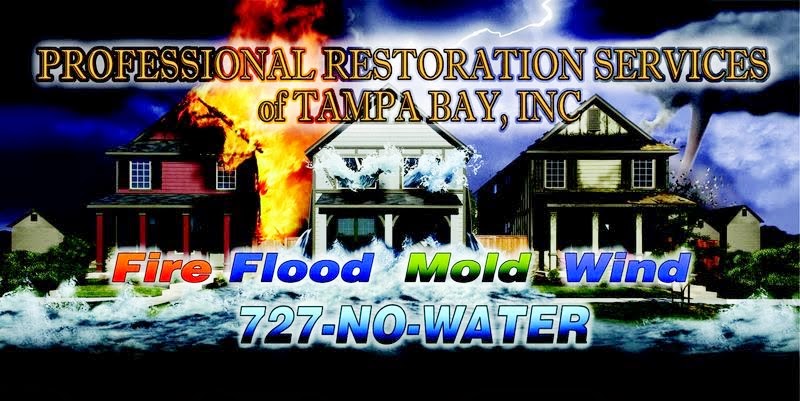Being a licensed contractor in Florida is a privilege. Many
do not understand the difference in being licensed and why some are not
licensed. Obtaining and keeping your contracting license in Florida is
expensive and there are requirements you must meet. An unlicensed company is taking the easy and unethical approach to assisting those in need.
Licensed or Unlicensed – Is It a Big Deal?
When you are in need for repairs questions run through your
head: What does it mean to be licensed? Why are some contractors licensed and
some are not? Does it really matter? Being a licensed contractor means they have
passed all required testing, met the minimum experience level of four years, passed a credit and background check, and they must carry
insurance to cover liability and workers compensation.
Risks of Hiring an
Unlicensed Contractor:
- No insurance – No liability: An unlicensed contractor typically is uninsured – you may end up being liable for personal or financial injuries to others. If they happen to damage your property, there is no insurance to cover that.
- Poor qualifications and poor quality work: Unlicensed contractors usually do not have the education or qualifications required of a licensee. Therefore, they usually do poor quality work and do not finish the project, leaving the homeowner to pick up the pieces.
- Possible criminal background: Unlicensed contractors also pose the threat for having a lengthy list of criminal history. This list may include violent crime, sexual offenses, substance abuse, fraud, and/or theft. Do you want someone like that working on your private property?
- Scam artists: Unlicensed contractors often disappear after taking your money. The department cannot discipline an unlicensed person or help you with any recovery of repairs or money lost. These con artists usually try to scam those in need or urgent repairs such as hurricane damage.
- Not covered under homeowner’s policy: Most homeowner policies require any repairs be done by a licensed individual.
- Limited resources for broken contracts: If you have a dispute with a licensed contractor, you have rights and are able to contact the department who will take disciplinary action. However, this action is not available if the contractor is not licensed.
- Noncompliance with building codes: Most projects require permits and inspections, unlicensed contractors usually ignore such things. If your project isn't permitted or doesn't comply with the building code you may have to remove or repair the work at your own expense and be subject to fines.
Before you agree to any repairs confirm the individual is
licensed and has insurance. Below are helpful links for you to use:
Click here to verify a Pinellas County license
Click here to verify a State license
Click here to verify a Pinellas County license
Click here to verify a State license
- A licensed person has the required education, experience, insurance and qualifications to obtain a license. They must pass a competency examination before practicing.
- Licensed individuals are screened for prior criminal history.
- The department can discipline and even revoke a license if the person does not live up to professional standards. This is a not a total safeguard, but is a strong incentive for the licensee to do good work.
- You may be able to sue the licensee in civil court for problems related to the work done.
Why Should You Hire
PRS?
 Professional Restoration Services of Tampa Bay, Inc. holds 4 state licenses, multiple certifications and the experience to get the job done right. We strive for customer satisfaction and believe in ethical work. We are dedicated to people in need and we are available
24/7 365 days a year to assist you. We are certified to handle all stages of home restoration. Please take a look at our licenses and certifications below:
Professional Restoration Services of Tampa Bay, Inc. holds 4 state licenses, multiple certifications and the experience to get the job done right. We strive for customer satisfaction and believe in ethical work. We are dedicated to people in need and we are available
24/7 365 days a year to assist you. We are certified to handle all stages of home restoration. Please take a look at our licenses and certifications below: 



















